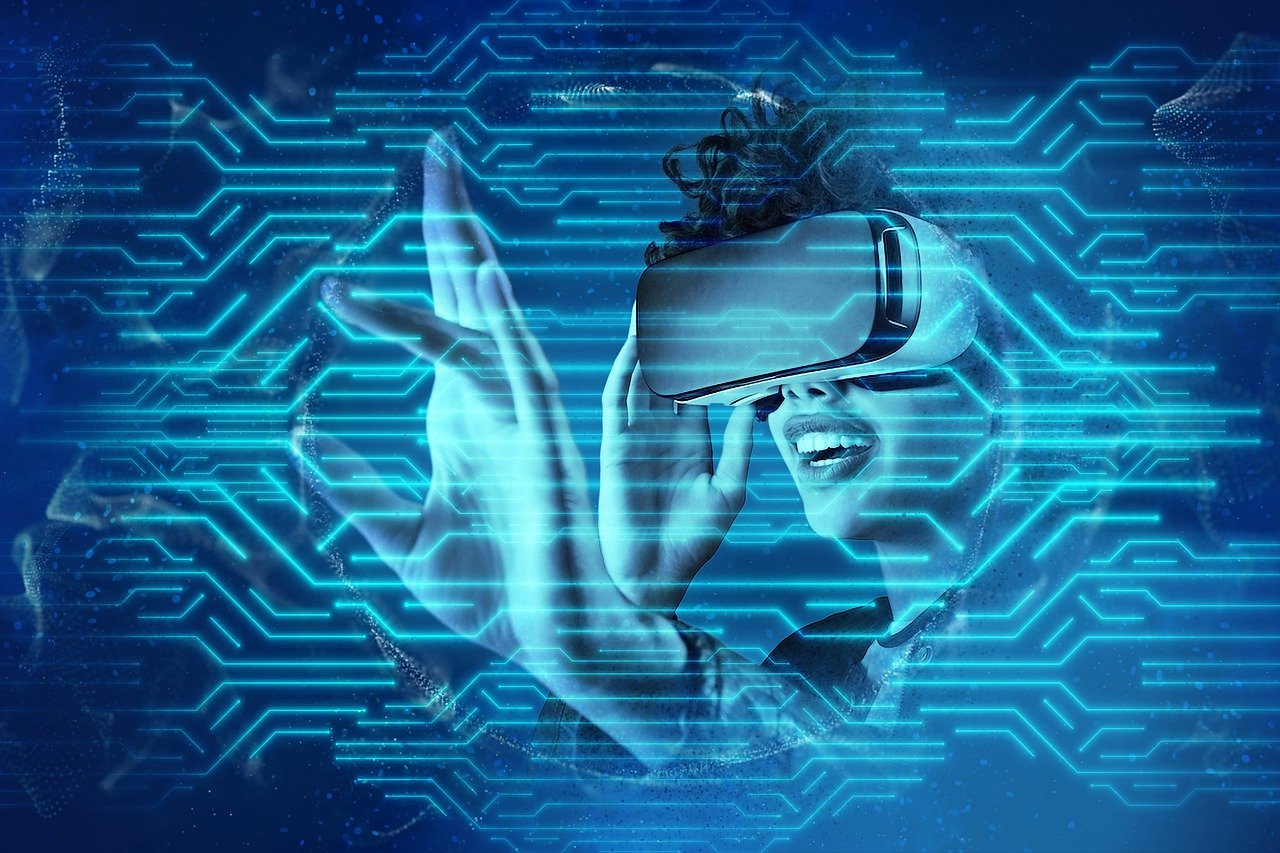
Prof. Riva publishes in Nature: the role of AI in the human mind
Professor Giuseppe Riva, director of the Humane Technology Lab, has recently published an innovative article in the scientific journal Nature Human Behaviour that introduces the concept of System 0, a revolutionary theory on the relationship between artificial intelligence and human cognitive processes.
The study, carried out in collaboration with Massimo Chiriatti and other experts, analyzes how data-driven tools – from search engines to virtual assistants – are no longer just external supports, but real extensions of the human mind, capable of influencing thoughts and decisions in an almost imperceptible way.
This research marks a critical step in understanding the impact of AI on human cognition and opens up new perspectives for the future of human-technology interactions.
The authors propose that, alongside the two cognitive systems identified by Daniel Kahneman – System 1 (intuitive and fast thinking) and System 2 (rational and slow thinking) – AI functions as a System 0, anticipating and shaping our choices through pre-processed information. This fusion of technology and human thought raises crucial questions about our control, decision-making, and cognitive autonomy. The concept of "System 0" highlights how AI is shaping our decisions and the way we think, operating as a technological extension of the human mind.
"The impact of AI is not only about its applications, but about the possibility of changing the decision-making processes of the human mind . Alongside intuition (System 1) and reasoning (System 2), the two cognitive systems that allowed Kahneman to win the Nobel Prize in Economics now, we have System 0 of AI that produces dedicated content autonomously and over which we have no control. What does this mean for us? We tell it in Nature Human Behavior."
Giuseppe Riva
📄 Read the full article in Nature Human Behaviour: https://www.nature.com/articles/s41562-024-01995-5.
Read more
-
 Nostalgia di Futuro Award 2023 NewsMedia4Good section to Don Luca Peyron
Nostalgia di Futuro Award 2023 NewsMedia4Good section to Don Luca Peyron -
 How to heal yourself in the Metaverse?
How to heal yourself in the Metaverse? -
 The Aristotle Prize to Giuseppe Riva
The Aristotle Prize to Giuseppe Riva